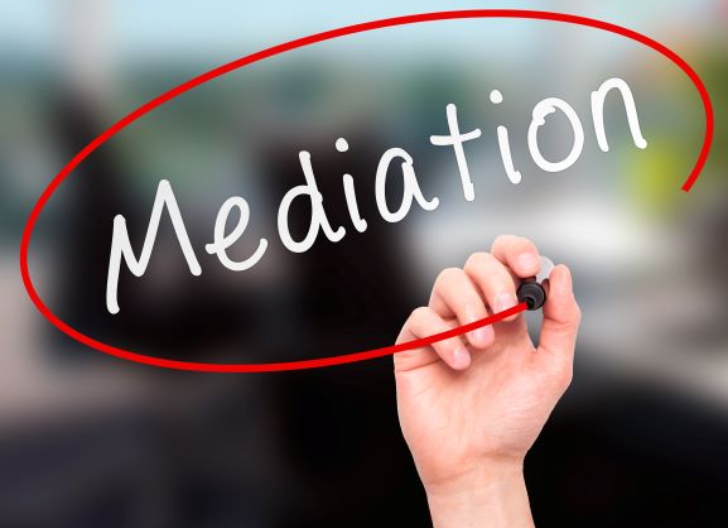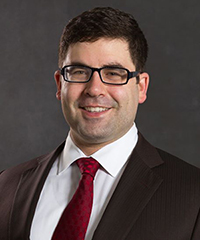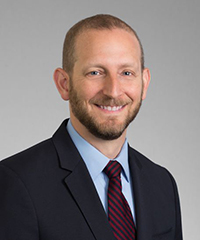Customizing Traditional Models of Mediation to Work in Today’s Covid-19 Environment
Daniel B. Garrie & Andrew S. Nadolna

This guest post was co-authored by Daniel B. Garrie, co-founder of Law & Forensics and JAMS Neutral, and Andrew S. Nadolna, JAMS Mediator and Arbitrator.1
Mediation is often viewed by lawyers as a “this” or “that” on the spectrum from facilitative to evaluative. In reality, experienced neutrals view mediation as a process customized to the needs of the parties in a particular case. Similarly, many lawyers view the mediation process as involving either joint sessions or individual caucuses, when in reality experienced neutrals will consider a blended approach.
For instance, in one case, an initial joint session may be preferred to allow the neutral to bring parties and counsel together for an optimistic welcome and setting of the ground rules. The parties could then decamp to individual rooms with the mediator shuttling between separate caucuses, perhaps bringing the attorneys and/or parties together for expert presentations and documentation of the settlement. In another case, the initial joint session may not be necessary, so parties may proceed in individual caucuses until a joint session is held for expert presentations or documentation of the settlement. In brief, there are as many variations of this process as there are disputes.
While a flexible approach accommodates the style of the mediator and the parties in the room, in this time of COVID-19, further customization of the mediation process must be considered. The key is to migrate away from the traditional assumption that mediation should be a day-long event where both sides (or all sides in a multi-party dispute) spend the day, even virtually, waiting for the mediator to visit, share information, and perhaps opine regarding the strengths and weaknesses of the positions of the parties until the back and forth on the numbers begins. Rather, more customized approaches, which accommodate the challenges and issues arising as a result of the ongoing pandemic, are needed.
“Tailored mediation,” a type of hybrid mediation, the hallmark of which is the flexibility to have different “sessions” using different platforms on days and times that meet the needs of the attorneys and parties, is a great alternative approach.
Consider a case like this: Plaintiff is based in New York. Defendant is based in California. Insurance company is based in London. In the typical mediation scenario, the parties would all agree on a date and a location for the mediation but would have to separately account for any travel time needed to be present on mediation day. If the mediation were held in New York for example, the defendant and the insurer would essentially have to set aside two days for travel to and from the one-day mediation. With a tailored mediation approach however, video meeting platforms could be leveraged to split up the single, day-long mediation over the span of a few days to streamline the process. Day one could involve initial individual meetings between the mediator and each party at a predetermined time to obtain an initial offer. The parties could then take some time away to consider the offer before the meeting reconvenes a day or two later, again at an agreed upon time, for negotiations and counteroffers. Another variation of such tailored mediation could be to accommodate the attorneys and parties by allowing both virtual and in-person attendance to the mediation meetings. Ultimately, these customized approaches provide greater scheduling flexibility and allow mediation to take place in a less cumbersome manner.
In the midst of all the challenges and uncertainties brought about by COVID-19, it is essential to consider new strategies and approaches to the traditional norm. Implementation of tailored mediation during such a time could streamline the whole process of mediation to prevent delays and offer more customized solutions for problem solving.

Daniel B. Garrie is the co-founder of Law & Forensics, a global forensic, e-discovery and cybersecurity engineering firm (www.lawandforensics.com). He is also a neutral, discovery referee, arbitrator, technical special master and forensic neutral with JAMS (www.jamsadr.com/garrie). You can contact him at dgarrie@jamsadr.com.

Andrew S. Nadolna is an insurance-focused JAMS mediator and arbitrator who excels in cases where an insurance company is either a party or insures one or more of the parties to a dispute (https://www.jamsadr.com/nadolna/). He utilizes his deep in-house insurance experience obtained in 17 years in claims leadership positions at AIG including tenure as Global Head of Casualty Claims. You can contact him at cpersaud@jamsadr.com.
---
1 The authors thank Shradhha V. Patel, a student at Rutgers University Law School, for her hard work and contribution to this article.
This post was written by a guest blogger. Although this article was thoroughly reviewed by NBI staff, the views, opinions and positions expressed within the post are those of the author alone and do not represent those of NBI. The accuracy, completeness and validity of any statements made within the post are not guaranteed. We accept no liability for any errors, omissions or representations.
